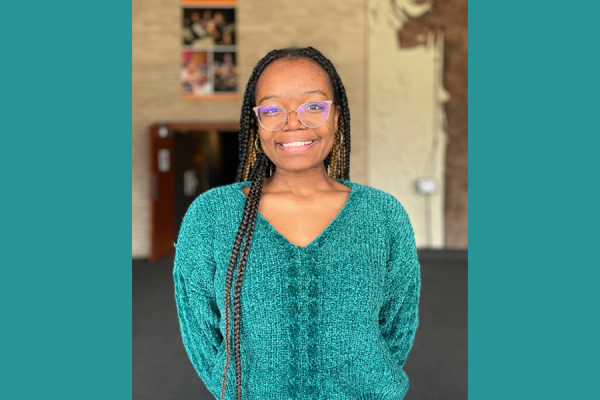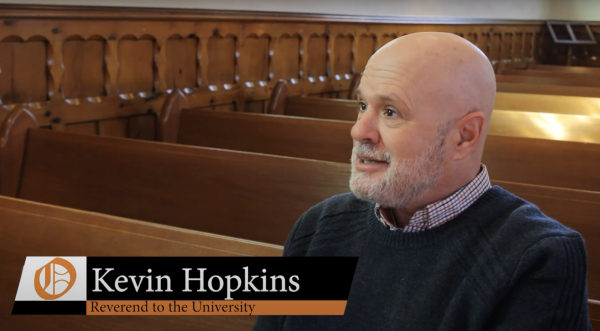Do safe spaces and trigger warnings belong in college?
About a week ago I was sitting in on a presentation about consent, and right before it started we received a “trigger warning.” The presenter said that if anything we discussed made us uncomfortable, we could zone out on our phones because we were in a “safe” space.
I paused. I had never actually heard anyone give a trigger warning before. It infuriated me.
No! I wanted to say. Don’t let us zone out. We need to listen to this information. This is important. It directly pertains to us. People need to know what consent is, especially in this era of spotlighting the problem of rapes on college campuses.
Throughout the presentation, I looked around the room and noticed a few people on their phones. I can’t pretend to know what they were doing, whether they were truly uncomfortable with this topic or just texting a friend about what to do later that night, but either way, I knew they probably weren’t paying much attention to this important issue. It was this presentation that got me really thinking about the controversial topic of safe spaces and trigger warnings.
A safe space is someplace, often a room, that some colleges have designated where you can go if you feel uncomfortable. It is intended to be a friendly environment free from any hostility or bullying. A professor gives a trigger warning before speaking about a sensitive topic. An example is that presentation I attended. The presenter warned us beforehand that if we felt uncomfortable or needed to leave, we could, no explanation necessary.
The issue of having safe spaces and trigger warnings recently made headlines when a letter was sent out to the incoming freshmen of the University of Chicago telling them that the university does not support trigger warnings. It has spread to James Madison University, where Assistant Professor of Religion Adam Levinovitz argues that trigger warnings can silence religious students as well as other marginalized groups, instead of helping them.
When I first heard about the controversy, I’ll admit, I immediately thought it was stupid. Really, students who are becoming adults need safe spaces and trigger warnings in class? This isn’t high school, and you’re not a child anymore. This is college, where you get to ditch the bullshit of tip-toeing around controversial topics and get down to the nitty-gritty of them. This is the time to hear from professors about what the real world is like, to stop being sheltered and to hear differing opinions so that eventually you can form one of your own. That’s the responsibility and privilege of becoming an adult – discussing things you couldn’t as a child.
Now before you judge me and wonder how can I be so callous toward people, let me just say that I can see the other side, too.
I can understand how someone who went through a traumatic experience wouldn’t want to talk about that particular subject in class, that they might feel extremely uncomfortable. I can also understand occasionally wanting to escape from the world and find a safe space. We all want to do that, especially as college students who would like nothing more than to just relax and sleep.
What I can’t understand is needing the college to provide that place for you. School is a place of learning and expression. It’s not your personal home. If you don’t want to hear an opinion different from your own, I can only say, “Grow up.”
If you never listen to what others have to say, you will never grow as a person, and instead, you will just remain in a bubble. Come on, don’t be a bubble person. As for trigger warnings, I’m a bit more understanding. Nobody likes to be blindsided, but that doesn’t mean one should be able to opt out of the conversation. We’re adults and we can talk about adult topics, however controversial they may be. If you’re in class and an uncomfortable topic comes up, just don’t chime in. If the professor calls on you, respectfully say you would rather not answer, and hopefully, he/she will let it be, showing awareness that the conversation can be difficult for some people.
I do think my generation is coddled and at least a little entitled. Instead of focusing on the important issues at hand, we’re looking for ways we can avoid them. Bad things have happened to almost everyone. Own it. We should speak up about our hardships. Many of us should be proud that when life knocked us down, we got back up.
Safe spaces and trigger warnings aren’t what we need. Instead, we should make a conscious effort to listen in on the difficult topics, like the presentation I sat through so that we can stay informed and maybe even change our opinions.







